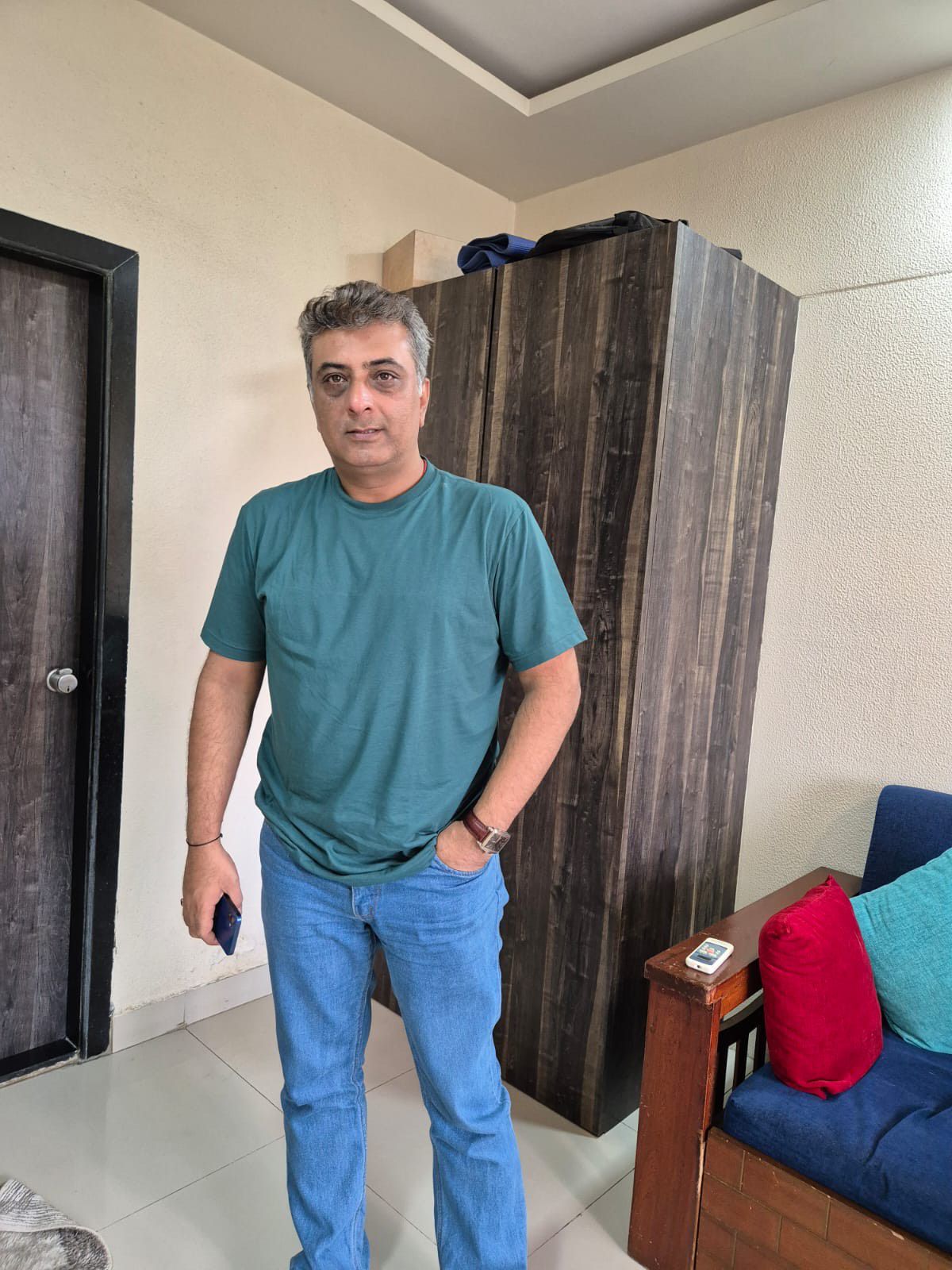Writer and director Karan Gulianii, who has directed movies like Amrinder Gill, Ranjit Bawa-starrer Savann, which was produced under Priyanka Chopra’s banner, and Amritsar Chandigarh Amritsar, starring Gippy Grewal and Sargun Mehta, believes Bollywood movies are not failing because of the story but the budget. Talking about the recent movies, he said, “Srikanth did well, and Munjiya performed exceptionally. Kill is doing well, especially abroad. I have three points that come to mind. The first is that I always believe that it’s not the film that fails, but the budget. Filmmakers create their movies with different perspectives, and they put in their best efforts. However, when budgets reach hundreds of crores but the opening doesn’t even reach two crores, there’s a problem. I think we need to control and manage budgets better and work together on this.” “Second, we are producing a lot of repetitive content, especially sports-based films. With live cricket and football already available, sports movies don’t bring anything new to the audience as compare to live thrill like it happened recently in T20 World Cup finals, I am completely against sports-based films for this reason. Third, I believe that a combination of innovative marketing and unique content is crucial for a film’s success. When the content is different and marketed innovatively, like 12th Fail did really well. Therefore, we need to focus on creating unique content and market it creatively,” he added.
Karan shared that he watches every film in theaters because he loves the experience—the sound, picture quality, and community watching together, it has different high all together. He added, “I really enjoy that. So, I watch almost every film in theaters. However, when it comes to repetitive content, I tend to avoid those films. But if there’s a new or unique subject, I prefer to go and watch it in the theater.” Sharing his take on OTT, he shared that the platforms have empowered us greatly, but he pointed out that the reason people go to theaters for the reasons I mentioned above, which completes the film-watching experience.
“OTT has given us access to global content, like Iranian cinema, Korean cinema, and Hollywood, which have all done a lot. We need to bring Indian stories to a global audience and take Bollywood to the next level. This is called soft power. We are getting new ideas and ways to think, but for this, we need to focus on content-driven comparisons. The South Indian film industry is thriving and selling its content at huge prices, which we can’t even imagine in Bollywood. In the Telugu industry, they spend a huge amount of time & money in content and marketing, like with Rajamouli’s films. They spend the right amount of time on creative processes, which is crucial for content creation,” he said.
“I firmly believe in creating good content. Sometimes, we think our content is different, yet at times these films fails, but the failure rate is only about 10%, while 90% of well-made content works in theaters. As for OTT, it is here to stay. But theaters will continue to draw large audiences if we manage a few things, like ticket pricing. For instance, during Munjiya’s release, the ticket price was ₹100, and that small-budget film made ₹80-90 crore. That’s huge. We need to keep ticket prices reasonable and also consider food and drink costs at theaters. Addressing these pricing issues is important for the success of films in theaters,” he added. Karan further shared that there is a gap of six to eight weeks before films are released on OTT platforms and added, “Eight weeks seem fair to me because if the gap were shorter, it would cause problems for OTT platforms as they pay high prices for the rights of film. So, I don’t think eight weeks is too short; I believe it’s reasonable.” What kind of cinema are you interested in? “When it comes to my kind of cinema, I am interested in any film that tells a human story. Anything related to real human experiences captures my interest. I’m not a big fan of sci-fi or similar genres. So yes, anything that is about real people and real stories resonates with me,” Karan ended.
